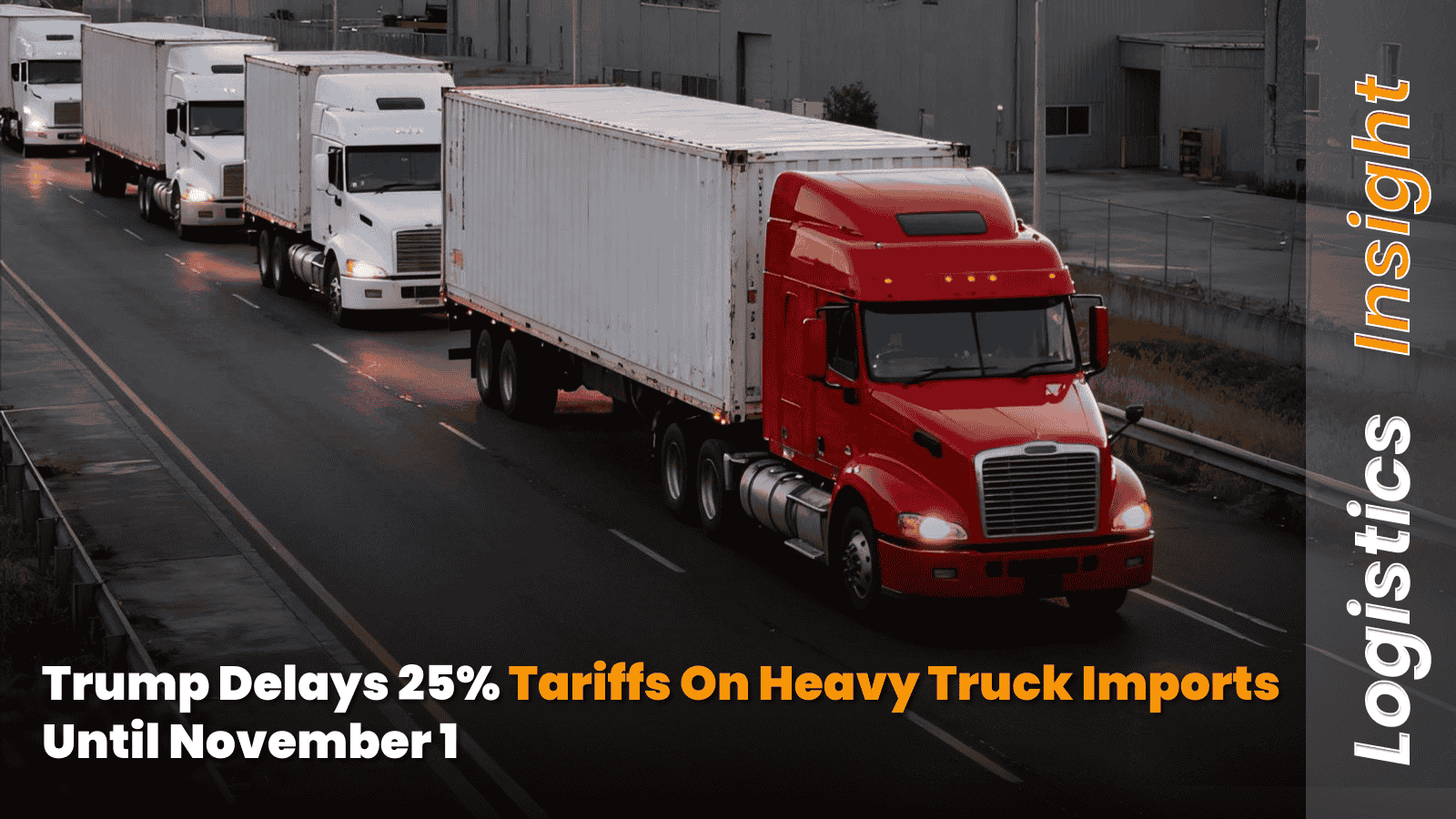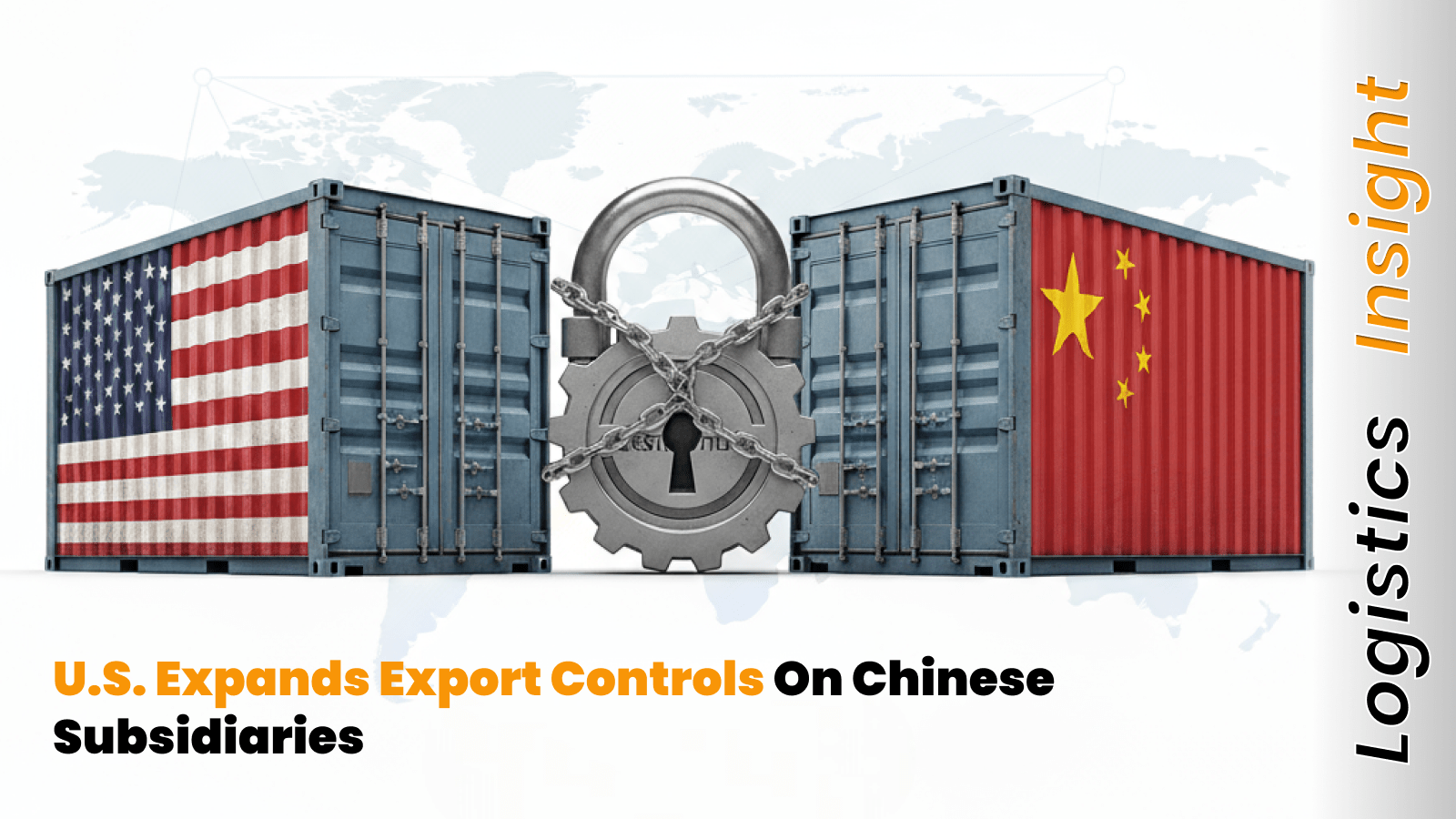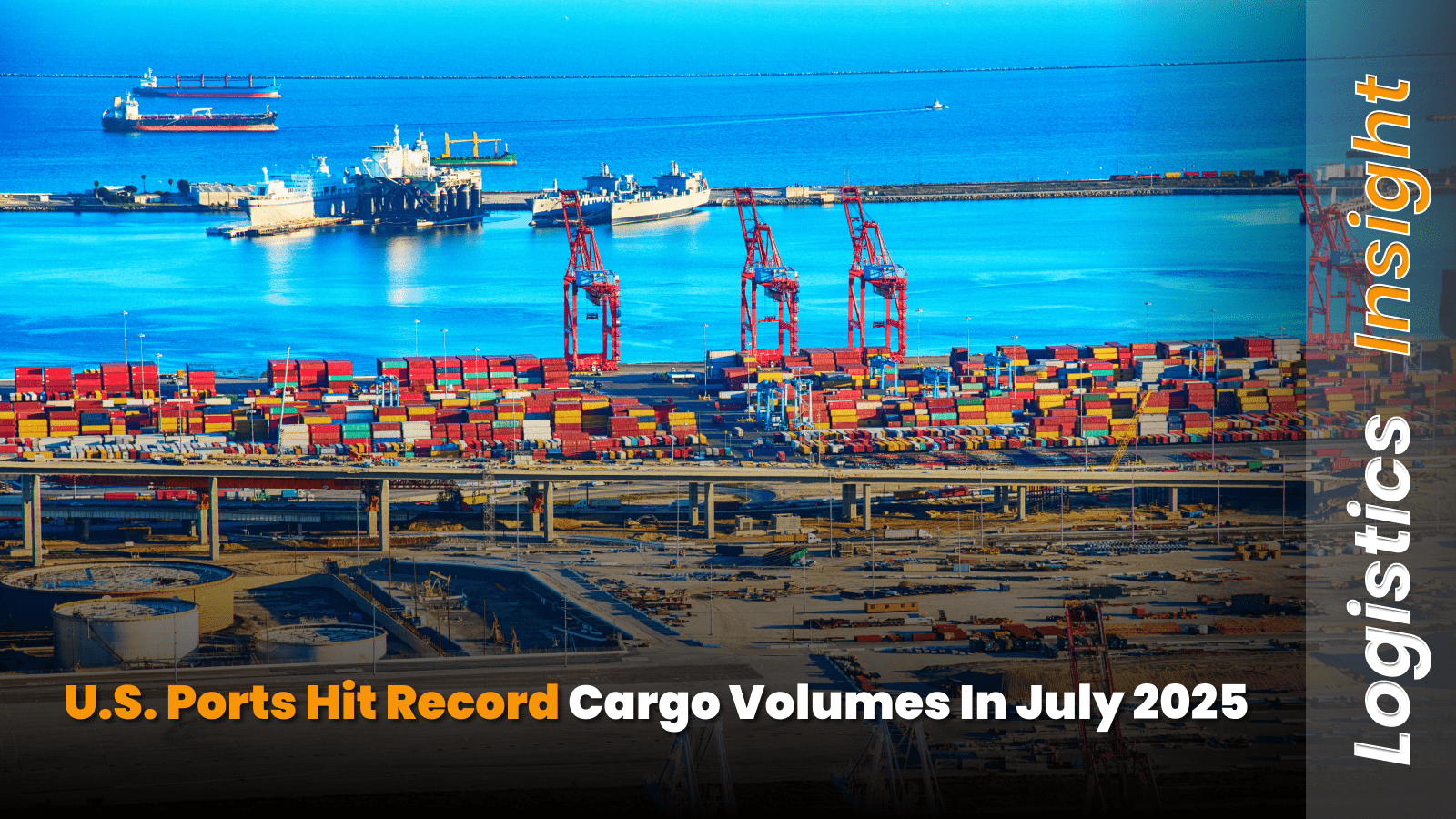Understanding the Green Supply Chain: Building a Sustainable Future in Logistics
The logistics and transportation industry plays a critical role in the global economy—but it’s also one of the largest contributors to carbon emissions. As environmental awareness grows, businesses across the United States are embracing green supply chain practices to reduce their ecological impact while improving operational
Port of Los Angeles Reports Import Decline in September
Tariffs and trade tensions continue to influence U.S. shipping activity The Port of Los Angeles, the nation’s busiest seaport, recorded its second straight monthly drop in imports this September. Despite the decline, the port achieved record-breaking cargo volume in the third quarter as businesses across the
Trump Delays 25% Tariffs on Heavy Truck Imports Until November 1
President Donald Trump has postponed the implementation of new tariffs on imported medium- and heavy-duty trucks to November 1, 2025, giving automakers more time to prepare for the policy change. The 25% import duty, initially scheduled to begin on October 1, is part of Trump’s broader
U.S. Expands Export Controls on Chinese Subsidiaries
On September 29, the Commerce Department unveiled a significant expansion of U.S. export restrictions to include subsidiaries of companies already blacklisted, such as Chinese technology firm Huawei. The new rule targets subsidiaries that are 50% or more owned by entities on the blacklist, imposing the same
Surge of Imports Into Southern California Ends
Retailers and manufacturers are reducing orders after tariffs pushed a wave of cargo through the ports of Los Angeles and Long Beach. Cargo Surge Winds Down The tariff-driven rush into America’s busiest port complex has come to an end. In August, the ports of Los Angeles
Common Shipping Terms Every Business Should Know
If you’ve ever felt lost in a sea of shipping abbreviations, freight terms, and logistics jargon—you’re not alone. Shipping terminology can feel overwhelming, but knowing the right terms can make a huge difference in how effectively your business moves products. For U.S. businesses that rely on
Supply Chain Outsourcing: Why Businesses Are Turning to Smarter Solutions
Global supply chains are more complex than ever. Businesses face rising customer expectations, economic uncertainty and increasing operational costs. From transportation delays to warehouse shortages, every disruption impacts performance. Managing all of this internally is time-consuming and expensive, which is why many organizations are now embracing
U.S. Ports Log Record July Volumes as Importers Rush to Beat Tariffs
The Port of Los Angeles reported its busiest month on record with container volume increasing 8.5% to 1,019,837 20-foot-equivalent units from 939,600 last year. Year-to-date, the port has handled 5,975,649 containers, a 5% increase compared with the same period in 2024. “Shippers have been frontloading their
Tariff Uncertainty Pushes Port of Los Angeles to Record-Breaking Container Volume
The Port of Los Angeles, already the busiest port in the United States, announced that it handled over 1 million twenty-foot equivalent units in July—a record-setting milestone in its operations. This marks an 8.5% increase compared to the same month last year, with total volumes climbing
20 Essential Logistics Terms You Should Know
Logistics is one of the most important parts of modern business. Every time a product is moved from a factory to a warehouse, from a port to a distribution center, or from a store to a customer’s doorstep, logistics is involved. However, the logistics and shipping










